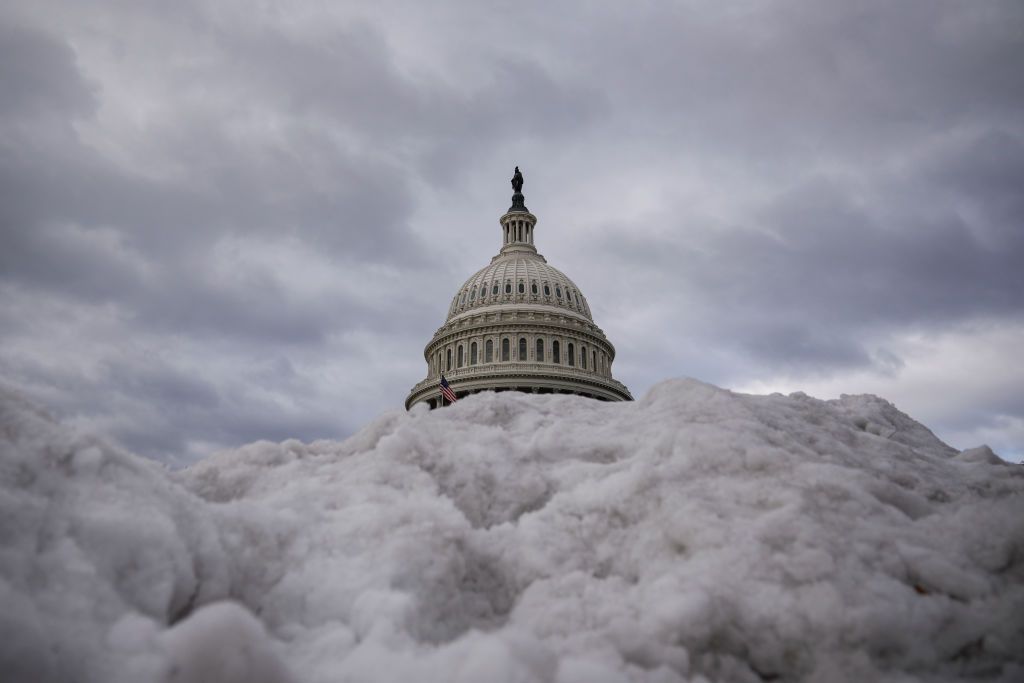Chinese have most trust in institutions, Americans near bottom, and Russians dead last, new survey shows


A free daily email with the biggest news stories of the day – and the best features from TheWeek.com
You are now subscribed
Your newsletter sign-up was successful
A new survey suggests people living under authoritarian regimes increasingly trust their major institutions more than citizens of democratic countries trust theirs, Axios reported Tuesday.
According to the 2022 Edelman Trust Barometer, which surveyed 35,000 respondents across 28 countries, trust in NGOs, business, government, and the media fell most sharply in Germany, Australia, the Netherlands, South Korea, and the United States since 2021.
China and the United Arab Emirates saw the biggest gains. Average trust in institutions stood at 83 and 76 in the two nations, up 11 and nine points, respectively, from last year. Saudi Arabian institutions also improved on an already high score, with trust rising from 69 in 2021 to 72 in 2022
The Week
Escape your echo chamber. Get the facts behind the news, plus analysis from multiple perspectives.

Sign up for The Week's Free Newsletters
From our morning news briefing to a weekly Good News Newsletter, get the best of The Week delivered directly to your inbox.
From our morning news briefing to a weekly Good News Newsletter, get the best of The Week delivered directly to your inbox.
South Korean institutions scored a 42 in 2022. Institutions in the U.S. did only one point better.
Developed democracies, especially Western democracies, occupied most of the bottom two-thirds of the trust index rankings, but one authoritarian regime — Russia — finished dead last, with an average trust rating of only 32.
Those surveyed were asked, for each institution, to indicate on a nine-point scale "how much you trust that institution to do what is right."
The survey spanned 35,000 respondents across 28 countries via online interviews held between November 1-24, 2021. The margin of error is 2.9 percentage points.
A free daily email with the biggest news stories of the day – and the best features from TheWeek.com
Grayson Quay was the weekend editor at TheWeek.com. His writing has also been published in National Review, the Pittsburgh Post-Gazette, Modern Age, The American Conservative, The Spectator World, and other outlets. Grayson earned his M.A. from Georgetown University in 2019.
